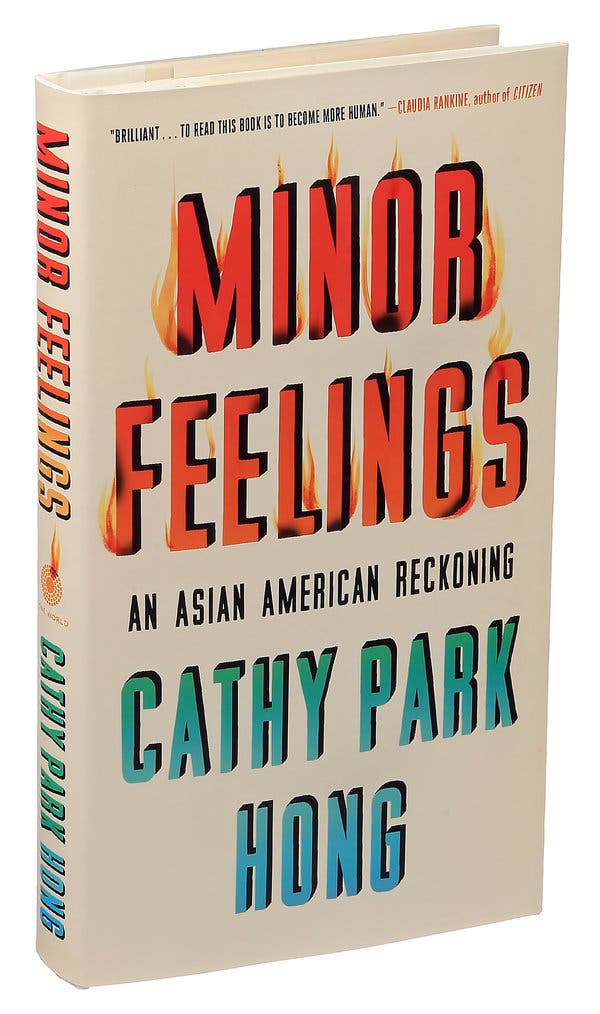Interrogating White Nostalgia: Reflections on Minor Feelings by Cathy Park Hong

Written by Jisoo Choi, Yale 22'
Edited by Lydia Burleson, Yale 21'
Cathy Park Hong's recent book of essays, Minor Feelings: An Asian American Reckoning, has been on nearly every reading list this summer, cropping up on colorful Instagram posts and reviews of 2020 releases. I was lucky enough to acquire a library copy just before the quarantine began and libraries froze circulation, and I’ve had lots of time since then to read and reread the book as I watched in real time the urgency of Hong’s words reflected in the resurgence of activism for racial justice across the country. Outrage at the killings of Black Americans at the hands of police—George Floyd, Breonna Taylor, Ahmaud Arbery, and so many others whose names we know and do not know—has encouraged Asian Americans to reflect on anti-Blackness and white-adjacent privilege within our communities.
Hong spoke about Asian American identity and read from an essay in Minor Feelings during The Yale Review’s 200th Anniversary Festival, just weeks before the book’s release. After attending her talk, I walked around campus feeling like there was a hole in my chest, cold February air blowing right through me. I felt a strange mix of hollowness and relief at hearing the thoughts of my own wrestling with racial identity finally put into words— into prose that was vulnerable and angry and articulate—by someone who didn’t know me, but seemed still to understand me because she, too, was Korean. It was not unlike the indescribable—even illogical—connection Hong herself writes about feeling toward a Korean therapist she once desperately sought out, a connection predicated solely on a shared heritage and diasporic identity.
That’s not at all to say that Minor Feelings was an easy read or that it didn’t challenge me to question my own assumptions and habits as an Asian American raised by predominantly white and tacitly racist educational institutions. Some moments in the book, like Hong’s look at the popular media narrative about the Vietnamese American writer Ocean Vuong, pointed out cultural patterns I had normalized despite initial dissonance or discomfort. She observed that in media coverage of Vuong’s debut novel On Earth We’re Briefly Gorgeous, interviewers tended to sidestep his queer identity to focus on his archetypal refugee success story, fitting his lived experience to a prepackaged American narrative. Hong writes, “Vuong is asked to rehearse his shattering experiences of refugee impoverishment and the salvation he found in poetry […] so that his poetry and biography have become welded into a single American myth of individual triumph,” and challenges us to reassess the stories we consume and internalize about success and the immigrant experience, because even the most admired Asian American people in this country are still tokenized and caricatured...
